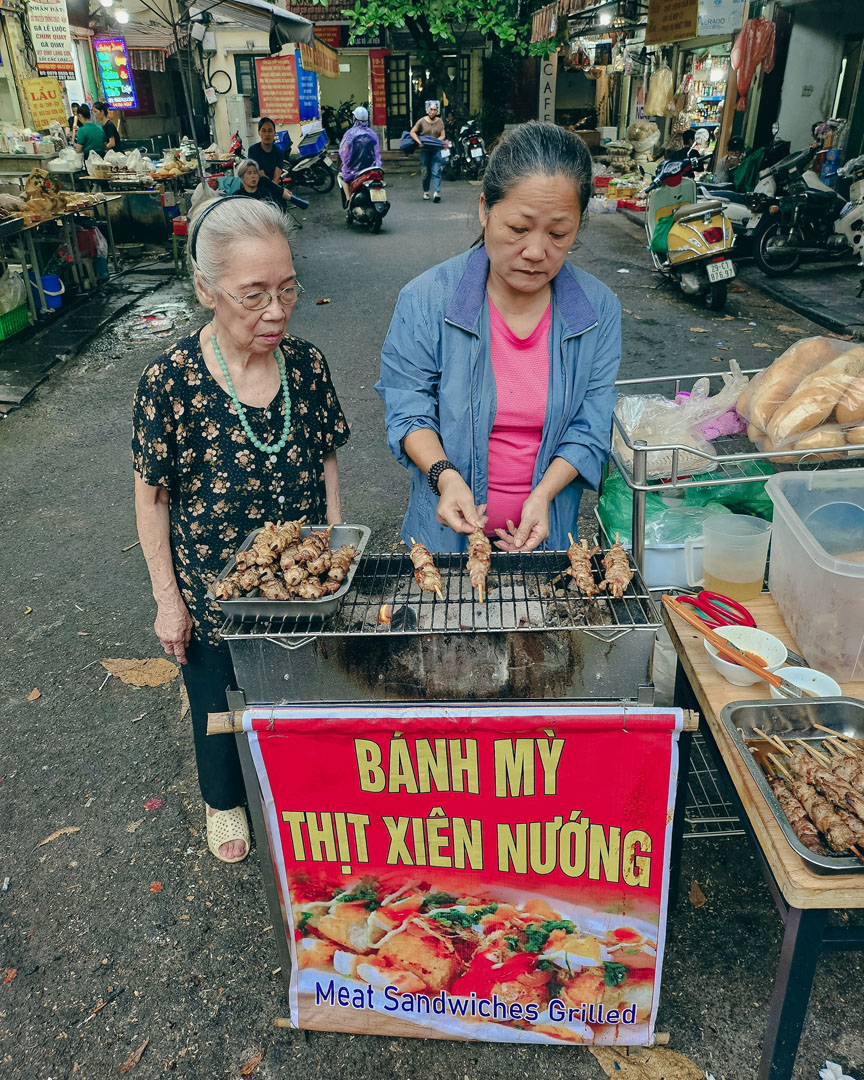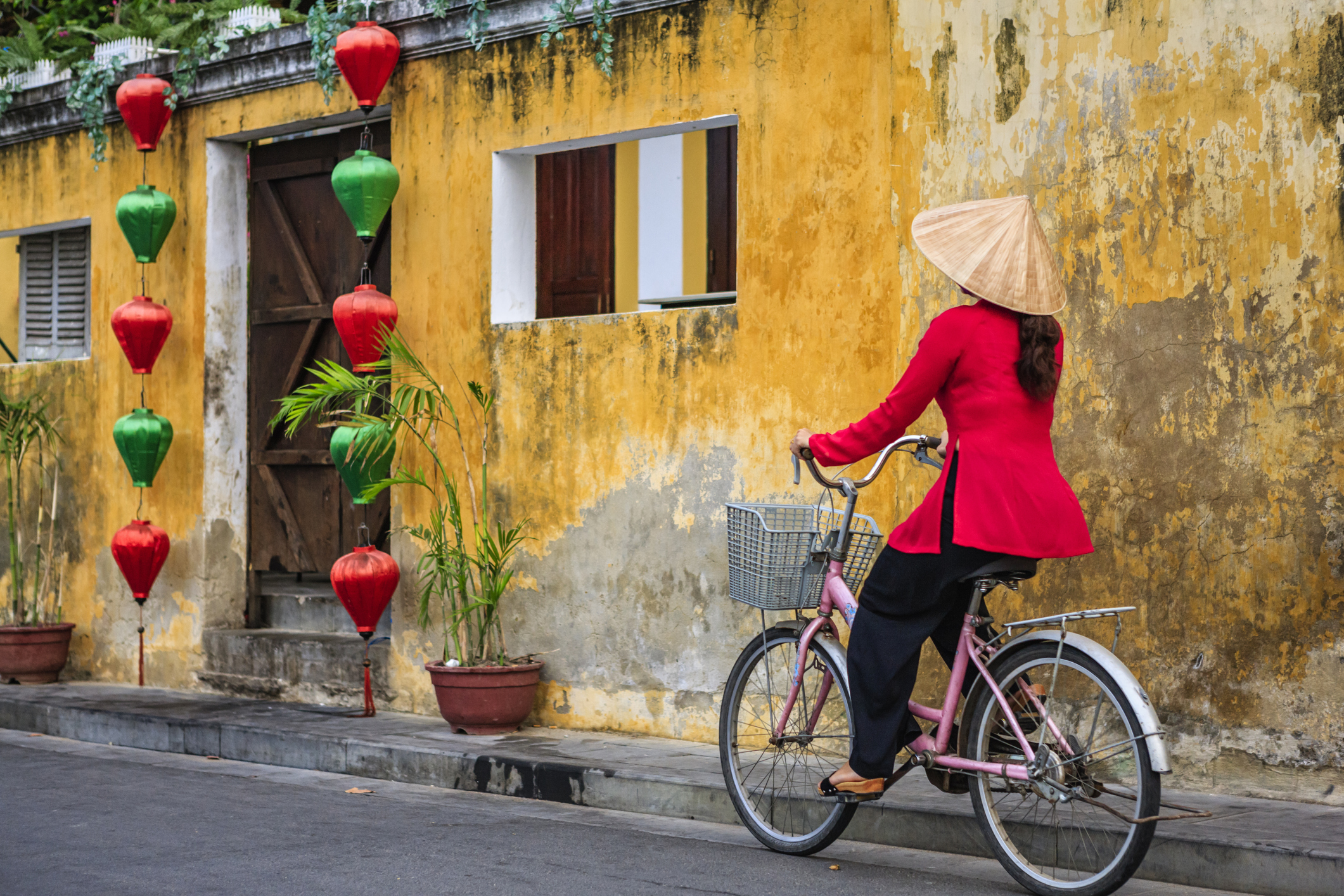Money matters: Vietnam

Updated 30/08/23
Money – how much to bring, where to get it, how to exchange it – is one of the most befuddling and boring parts of any holiday. Nobody likes to think about it, and sources of advice often disagree on the best approach to take.
Let us simplify matters.
In this post, we’ll explain everything you need to know about money in Vietnam – so that you can get back to the exciting business of looking forward to your holiday.
Currency (dollars vs. dong)
The official Vietnamese currency is the dong (VND). US dollars are also widely accepted in hotels, but everywhere else you'll find that transactions are conducted in dong.
The highest denomination note in Vietnamese dong is 500,000 VND – but be careful, as it looks very much like the 20,000 VND note! Other notes are: 1,000, 2,000, 5,000, 10,000, 20,000, 50,000, 100,000 and 200,000 VND.
As of August 2023, the following are guideline conversion rates:
1 GBP = 30,740 VND
1 USD = 24,300 VND
1 EUR = 26,440 VND
1 AUD = 15,750 VND
Vietnamese etiquette and customs cheat sheet
Changing cash
You can exchange cash in Vietnam at many hotels, banks and bureaux de change.
US dollars are by far the most widely accepted foreign currency for exchange in Vietnam, followed (very distantly) by the Euro. British pounds, Canadian dollars and Australian dollars are not widely accepted, and where they are the exchange rate is usually terrible.
If you intend to obtain a Visa on Arrival (VOA) in Vietnam, Cambodia or Laos, you must bring enough cash to pay for it in USD, as no other form of payment is accepted.
Card vs. cash
Vietnam remains a predominantly cash-based society, so most restaurants and shops (with the exception of large international chains) will not accept plastic. Instead, it’s best to carry enough cash for everyday transactions.
Despite the lack of card facilities in many establishments, ATMs are common in Vietnam. The rates of exchange here will usually be worse than you’ll find at exchange desks in banks and hotels, but this is nonetheless a convenient and reliable way to withdraw cash while you’re on holiday.
Travellers’ cheques
Travellers’ cheques are a dying breed, and we don’t recommend them for travel in Vietnam.
Vietnam photography guide: Where to go?
So what should I bring?
In our experience, the best and safest option for a holiday in Vietnam is to bring a float of USD (exchanged in your home country), and supplement that with Dong withdrawn from local ATMs in Vietnam.
Keep a wad of emergency cash (we recommend around 200 USD) tucked away somewhere in case anything goes awry.
How much should I bring?
We are always hesitant to recommend a daily budget to travellers, as everybody spends a different amount when they visit. A very frugal, budget-conscious traveller might buy very few souvenirs and eat at the cheapest roadside cafes, spending very little – whilst somebody with a bigger budget could easily spend many times more.
Most travellers find that Vietnam is extremely affordable, and if you are travelling on a restricted budget you will find that your Dong goes a long way – especially if you are prepared to haggle. The following guideline prices should give you a rough idea of how much you can expect to spend on a daily basis:
Soft drink or coffee: 10,000 VND
500ml local beer (bottle): 15,000 VND
500ml local beer (draught): 20,000 VND
Taxi (per 1km): 14,000 VND
Bowl of noodles: 20,000 VND pp
Simple restaurant lunch: 80,000 VND pp
Cheap local restaurant dinner (street food): 100,000 VND pp
Upmarket restaurant dinner: 300,000 VND pp
Should I tip?
Tipping is not generally the done thing in Vietnam, but in recent years the practice has become more common in areas frequented by tourists. As a rule of thumb, you are not expected to tip at restaurants or in taxis, but if a local guide, driver or boat crew has provided you with good service then a tip would certainly be appreciated.
As a rough guideline, a single traveller might tip a local guide 250,000 VND for a full day of guiding, with each additional person in a group tipping 70,000-120,000 VND more. For a boat cruise, 25,000-50,000 VND per person is appropriate, while a cyclo driver, tuk tuk driver or hotel porter might expect a tip of around 25,000 VND.
If you decide to tip a guide or driver, it is customary to give the tip (sometimes in an envelope) at the end of the time spent with them.
Should I haggle?
Haggling is part and parcel of life in Vietnam (much more so than its more reserved neighbours, Laos and Cambodia) and you will find that bargaining and negotiation is going on all around you.
This is a fun way to get involved in local culture whilst picking up some bargains along the way, but don’t get too carried away! At the end of the day, that last 10,000 Dong is going to be worth a lot more to the seller than it is to you.
Ready to travel to Vietnam? Get inspired by some of our favourite routes here, or get in touch to discuss your ideas with one of our Vietnam holiday travel experts.



